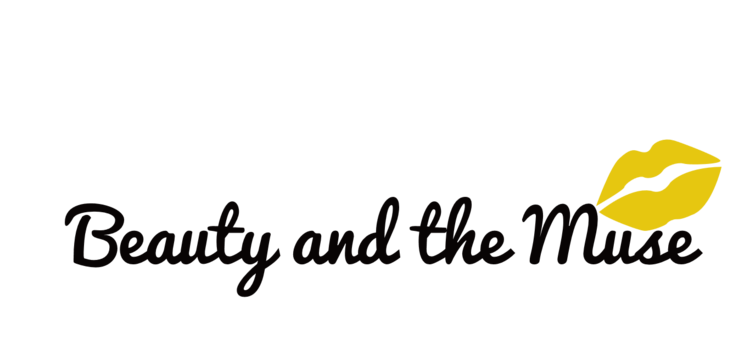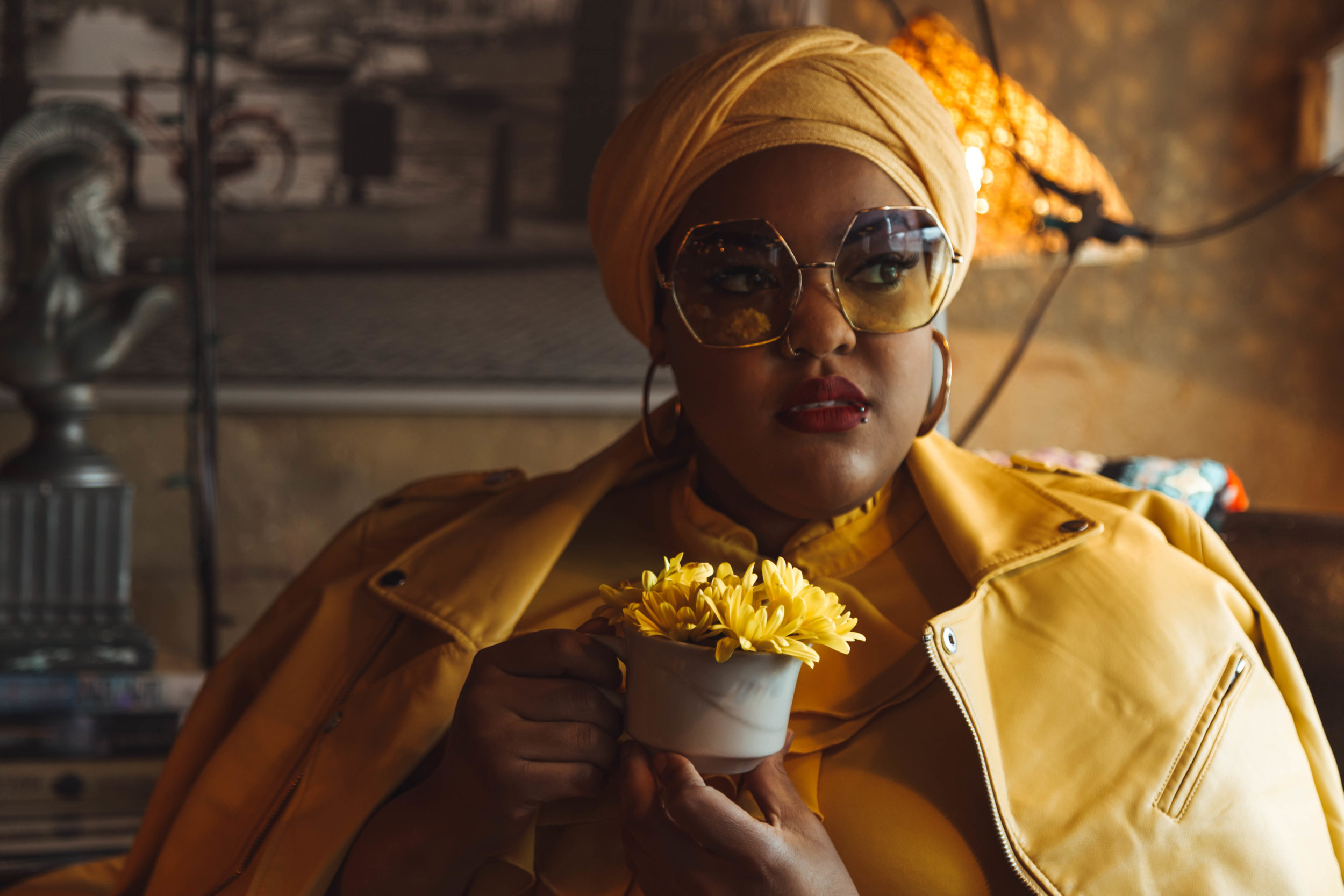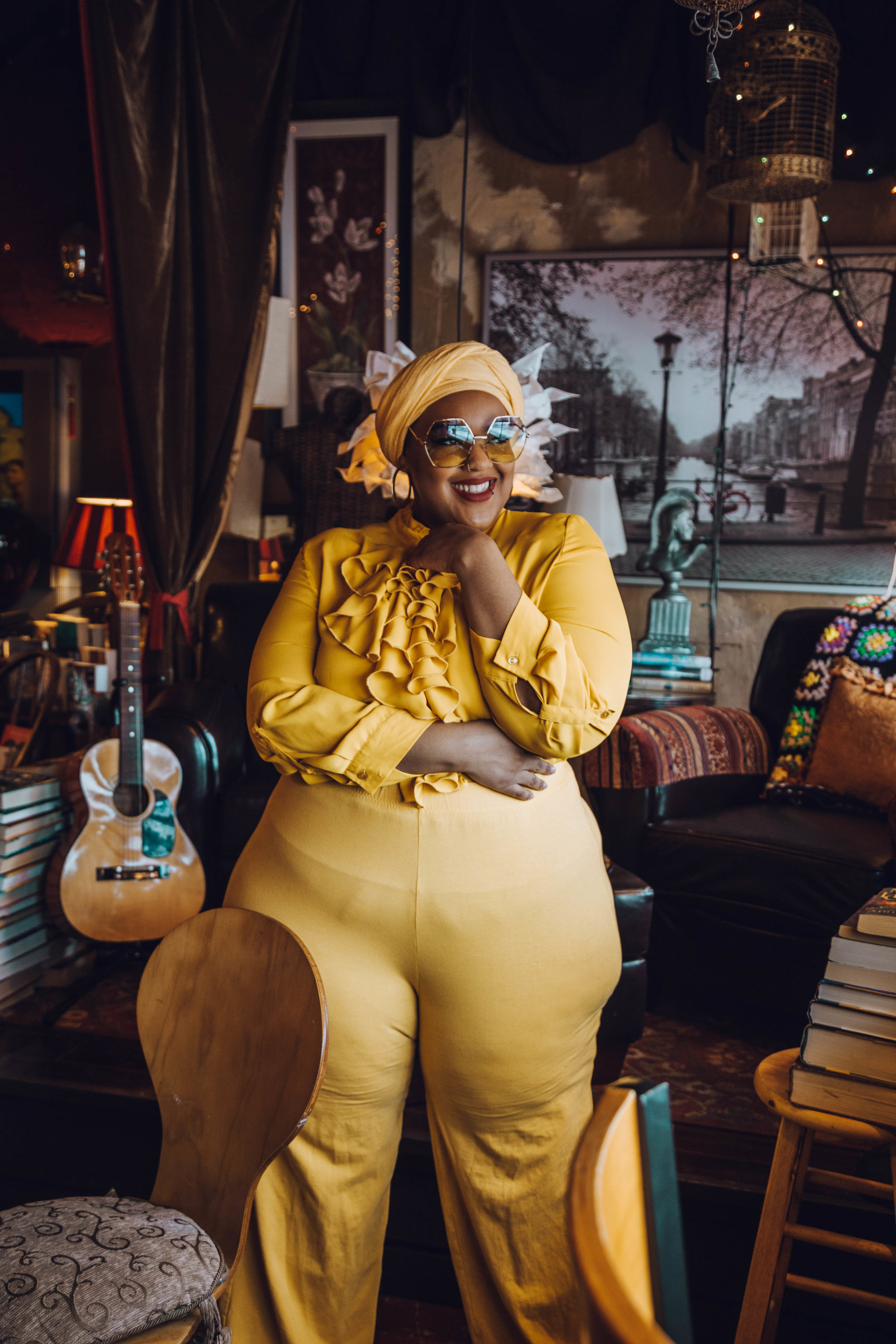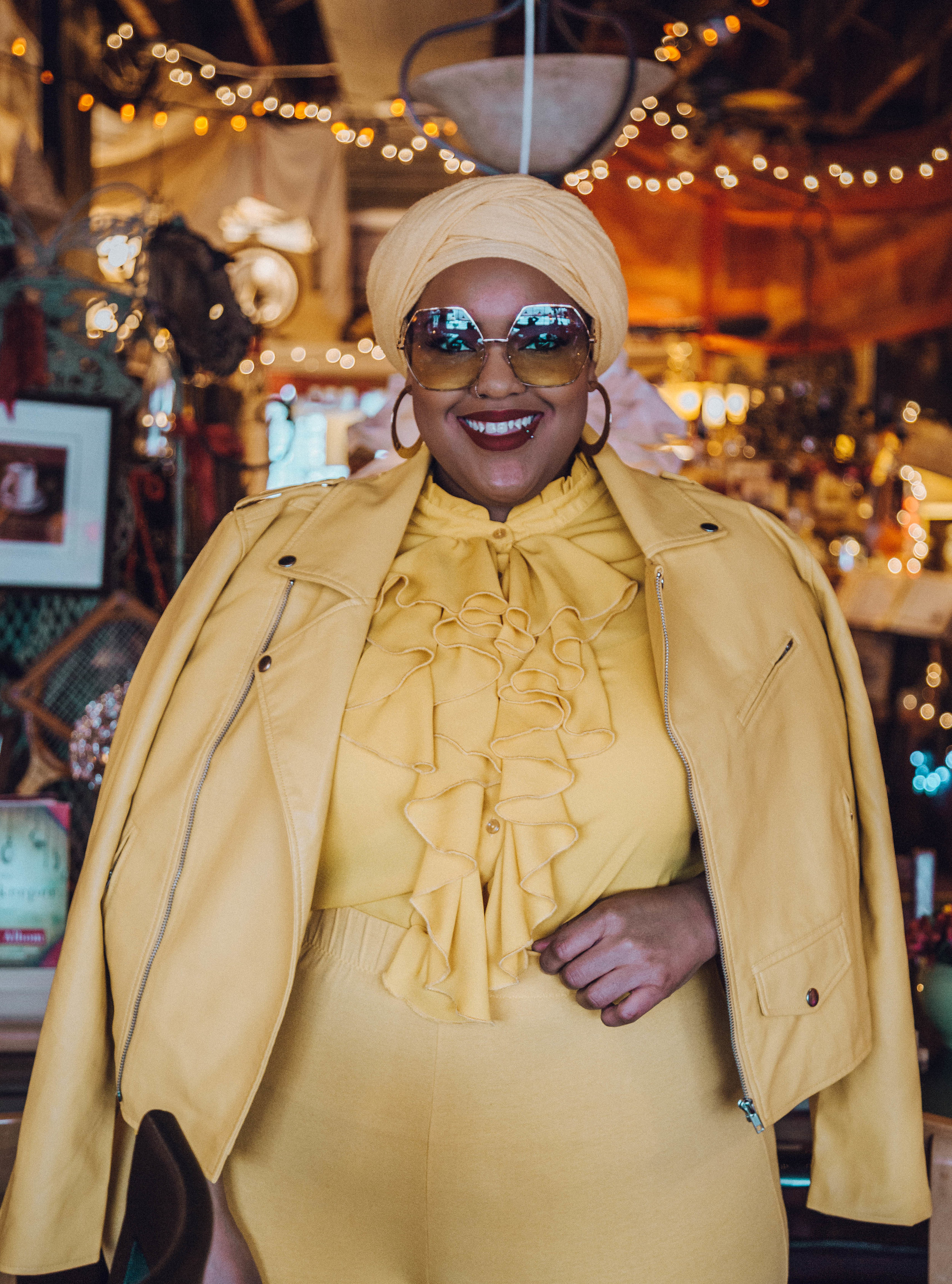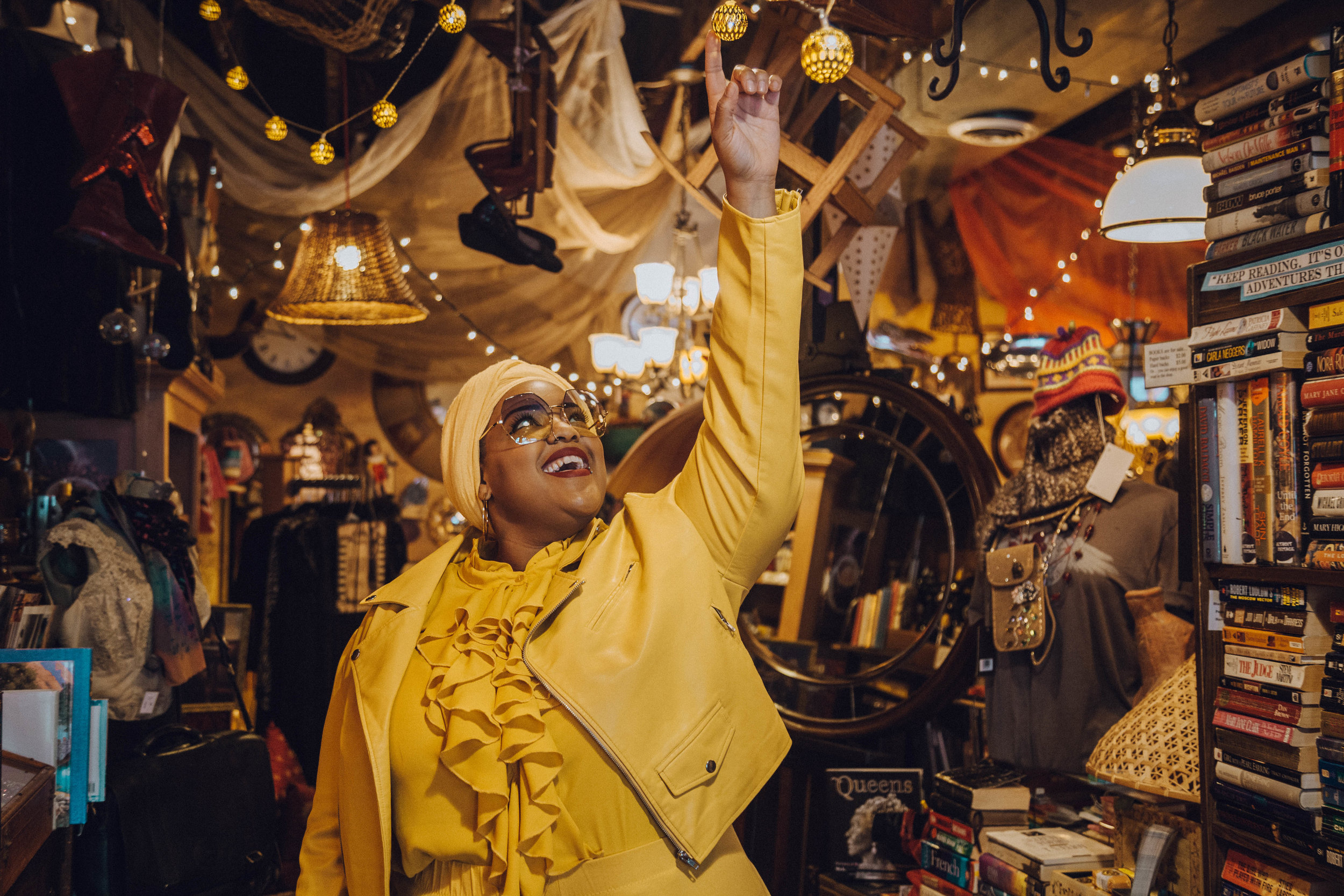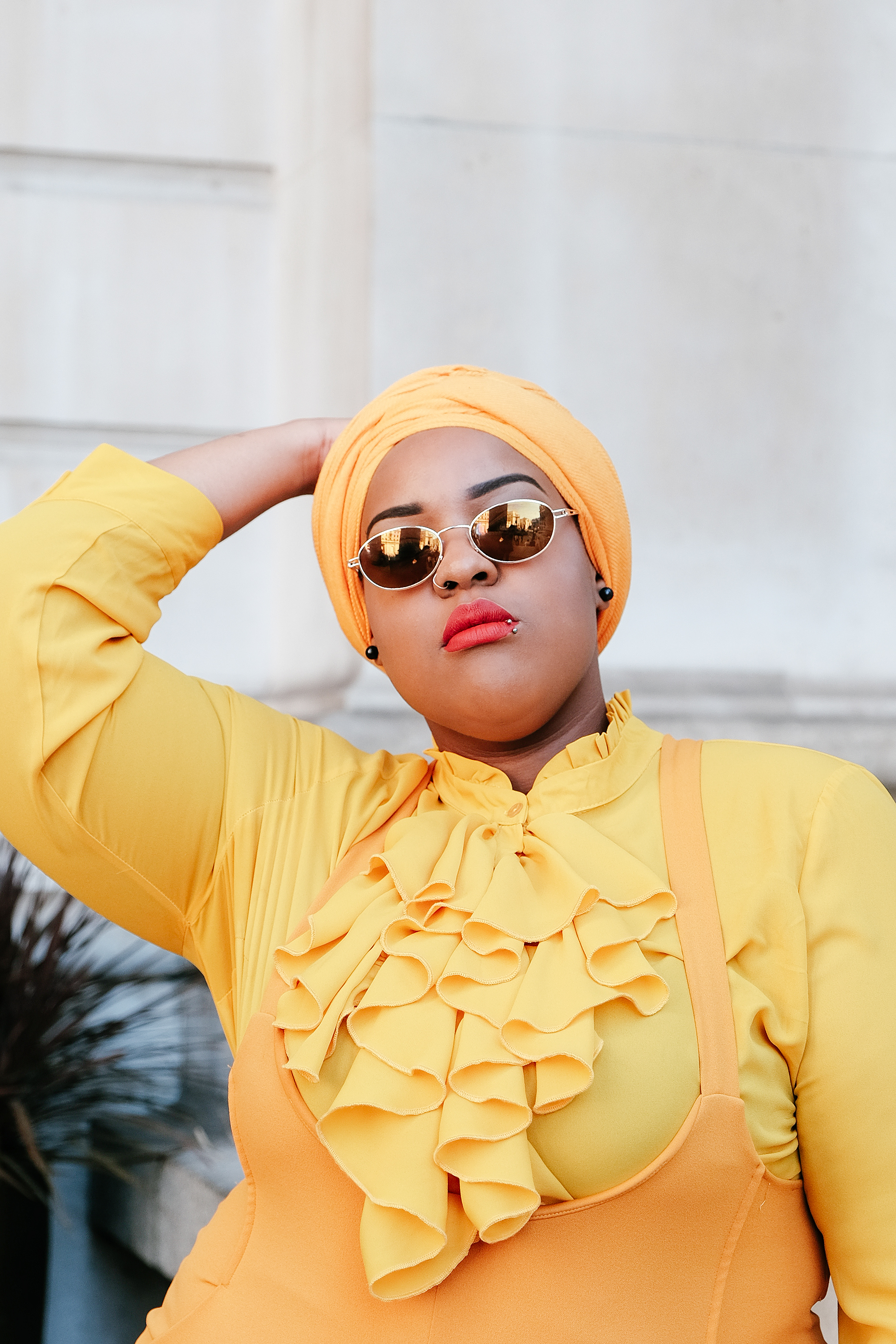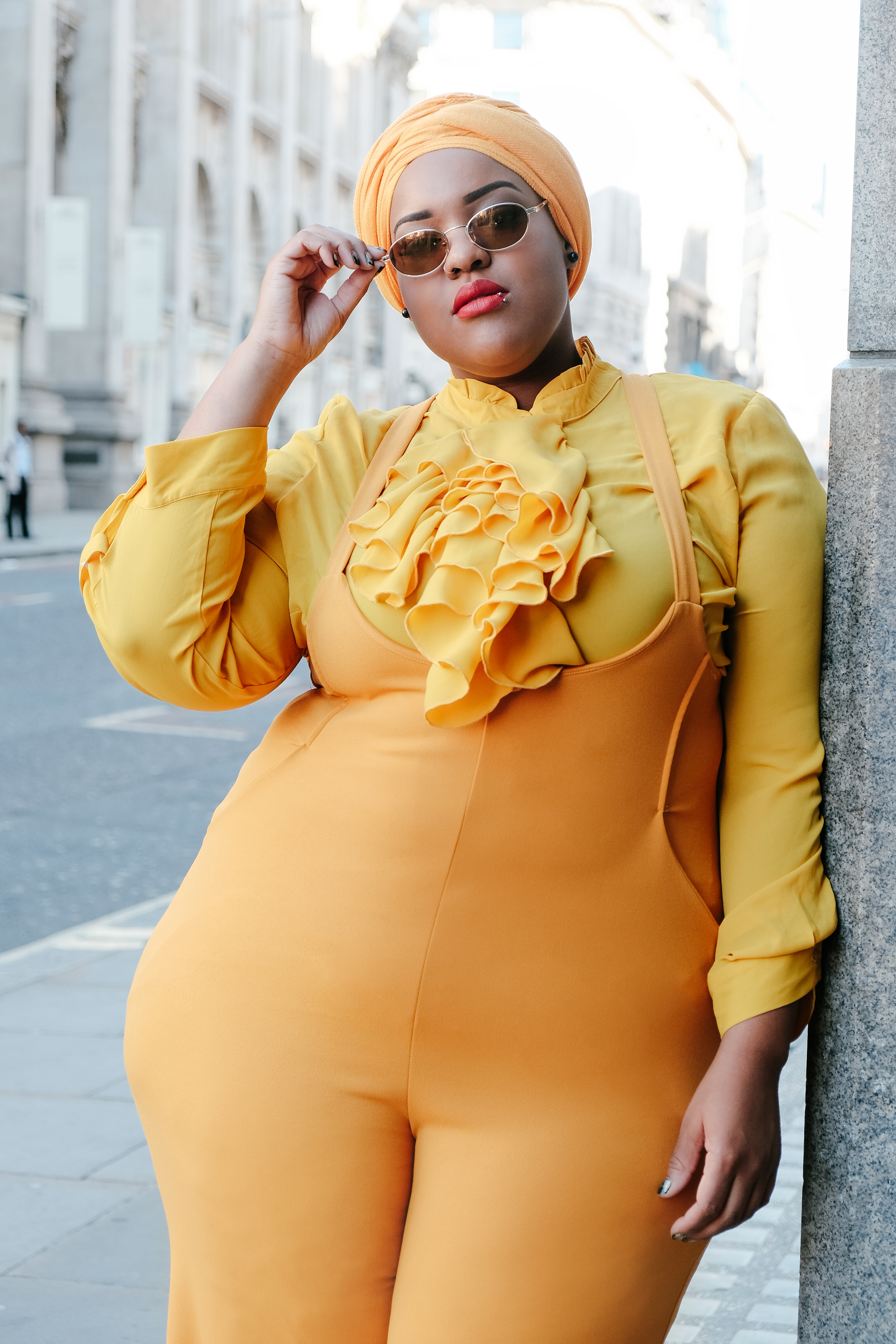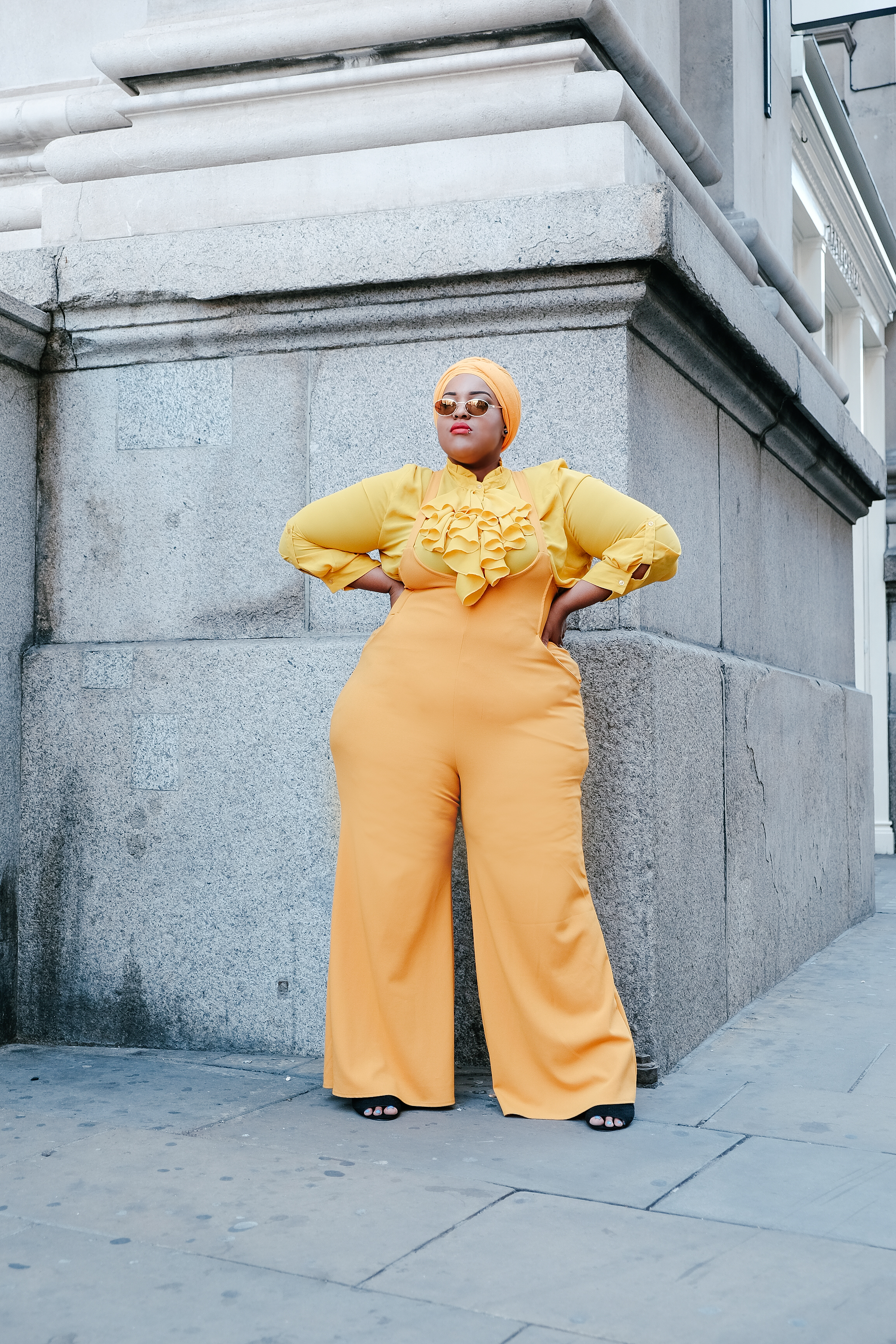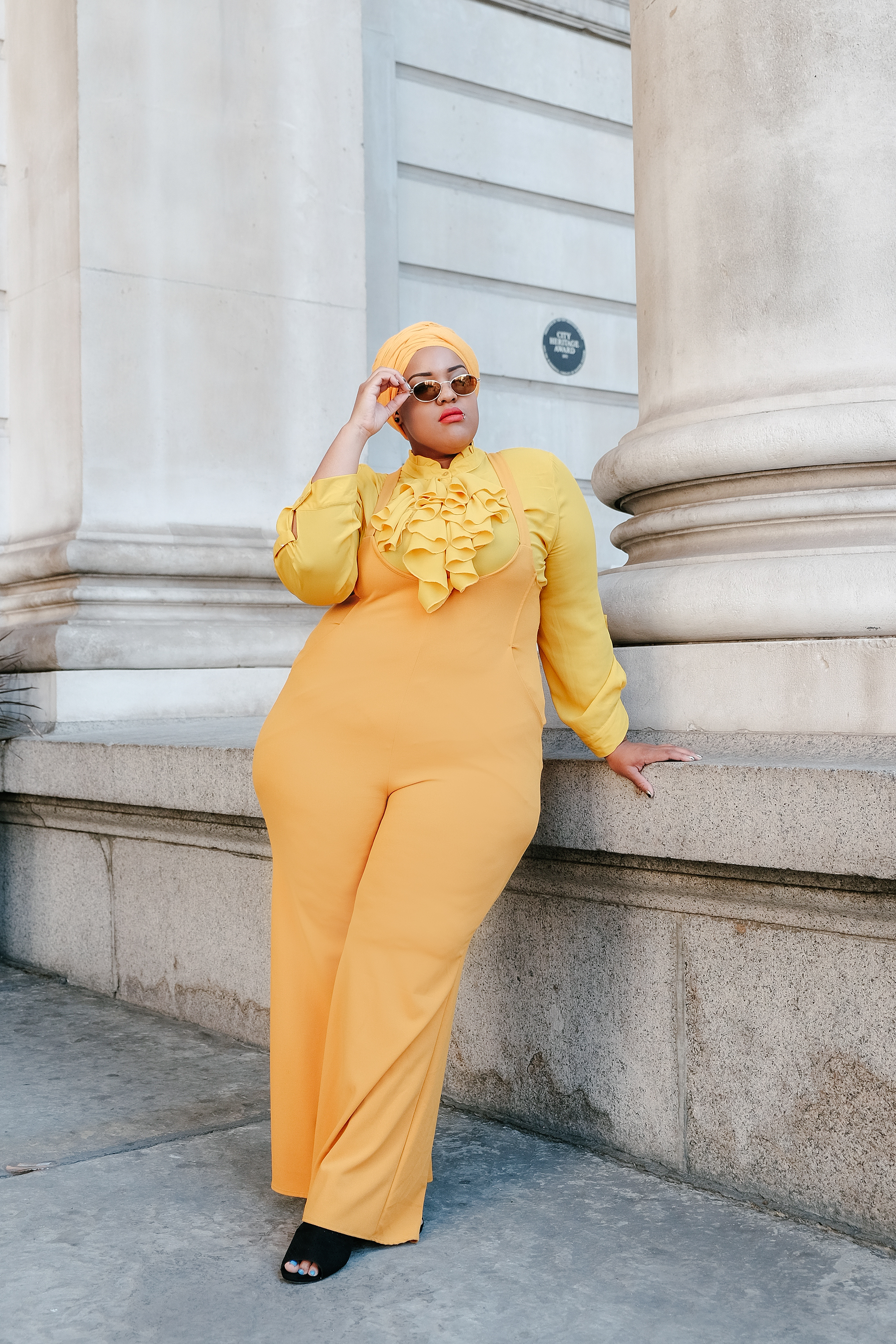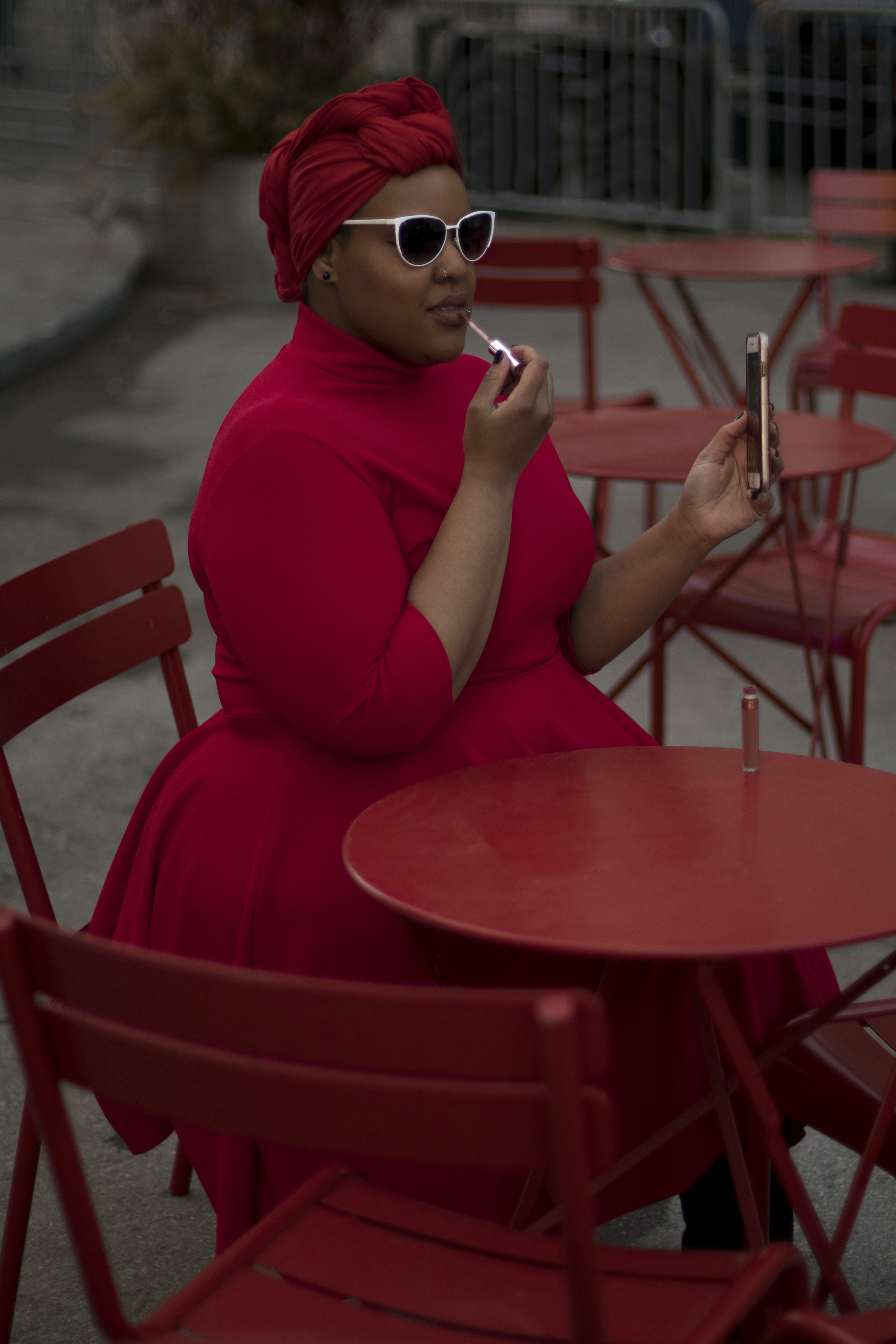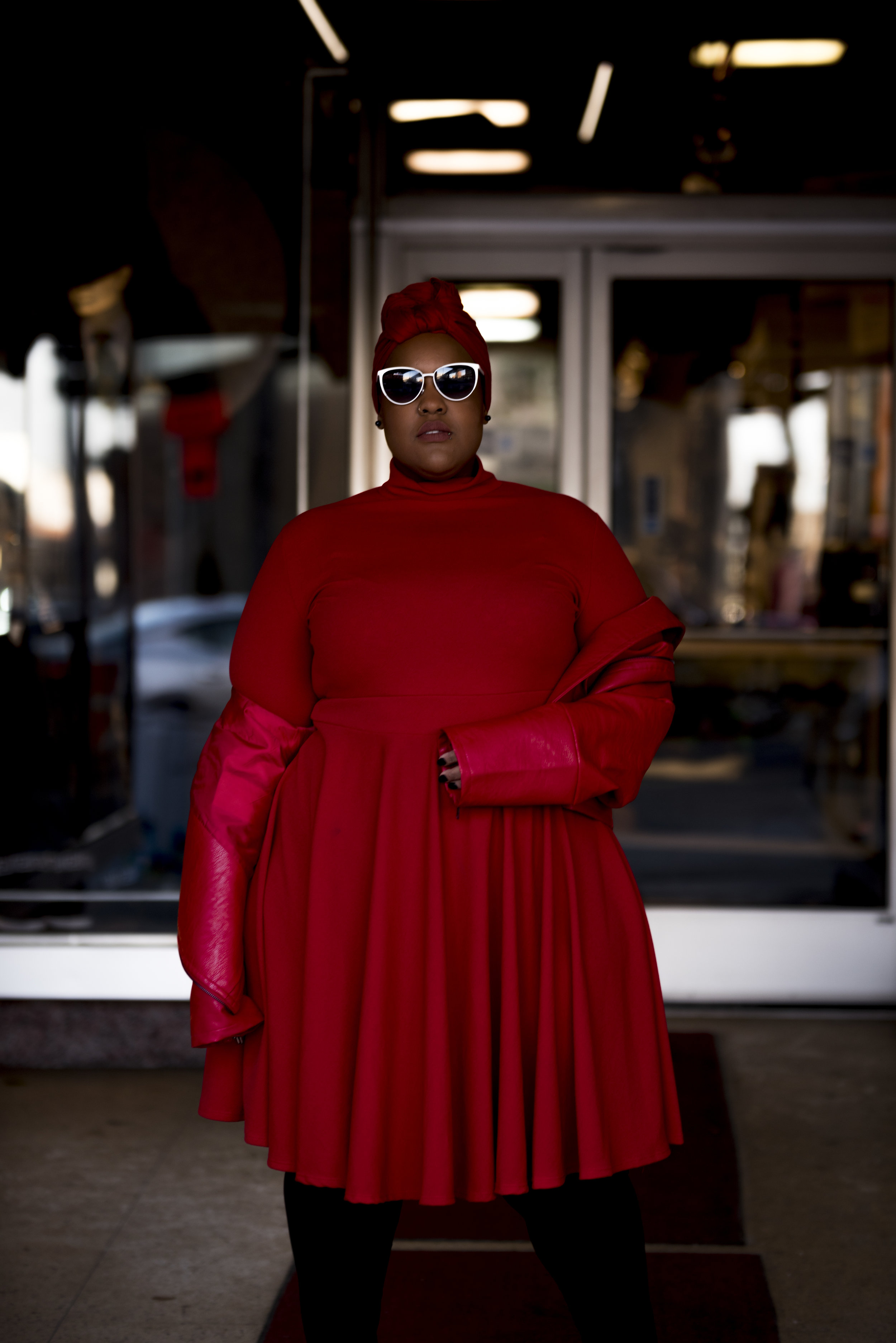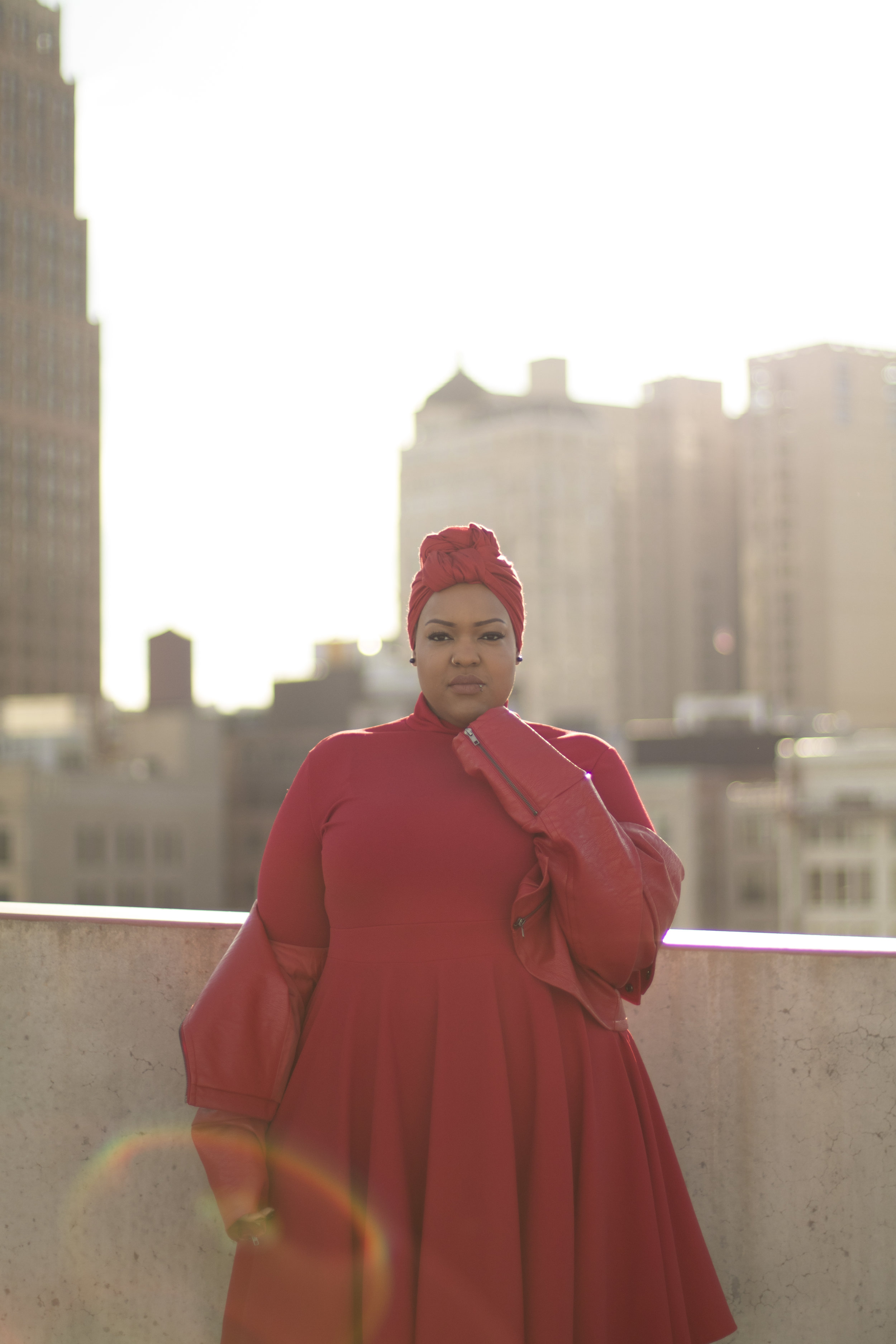Photos Courtesy of The Travel Critic
Last month, I decided to buy a ticket to New York. To live for 30 whole days. To feel what it feels to be a New Yorker. To see if I can “make it” here.
Why? Well, several reasons. Detroit is a dead-end for me. I keep trying to figure out why I’m still there, actually. Also, people never believe that I am from Detroit. It’s like I’m so freakin unicorn. They always guess New York or LA. Anywhere but Detroit. Every time I come to New York on business and see all of my friends, they always end the conversation with “Bitch, would you move here already!” I usually chuckle and say, “It’s not the right time.”
When is the time ever right, though? With the whole “time” thing, I also just don’t have the income. But, when do I ever have the income? LOL.
I am also slightly fibbing. Not like a whole ass lie, but a fib.
Although, I really don’t have the income to support myself in the Big Apple, I am scared as fuck mostly. Moving to NYC is a whole ass change from Detroit. All of my friends are in Detroit. Like my real-ass-down-for-whatever-type sister friends are there. I also hate the subway system. People just not washing their hands and touching on everything. Ugh! They also put their garbage on the sidewalk! Double ugh.
I might’ve also been in some mental distress during that time of said purchase of the ticket. But before I bought it, I asked myself. Are you really happy here? I also added: Are you truly thriving in Michigan?
My finger hoovered over that final submit button as I made sure to pick that date of February 12th (cuz I wasn’t trying to be in Detroit surrounded by all the lovey-dovey couples on V-Day). I’d rather be alone in New York than in the seemingly relationship capital of the world, Michigan.
Which brings to me why I dropped in (y’all know my blogging is sporadic af). Well, there’s several reasons. All which lead to fear. I’ll explain because I’ve been talking a lot about that lately.
Because in my 31-year-old mind, I feel like I’m anxious about everything. I’m constantly jumping up at the most minor surprises. I can’t tell you how many times I’ve literally screamed when my roommate appears out of nowhere.
For the last month, I’ve been preparing for New York. With each passing day, more anxiety surfaces. There’s not enough time to get it all done. I’m under deadlines galore. People are texting and emailing and asking for shit, that I may or may not have. On the flipside, bills are like everywhere. On top of my hijab, whispering in my ear, and putting me in headlocks.
What if you fail? I asked myself the night before my flight. I had been packing for two days straight and in a slump because New York is so expensive and for me to be here for a month will cost me too much and I still have to pay for rent and car note back at home. Double the bills!
The morning came and I felt like shit. Like complete and utter shit.
“I’m not going,” I said to myself. “Nope. Imma stay right here. Cuz it’s easier.”
I text my friend. She was like nope. I burst out crying. It was too much to uproot my entire life. What the fuck was I thinking? I can’t compete with the New York crowd. They are the top of the litter. Who was I? Just a Midwest gal trying to level up.
What had I expected to get done in 30 days? I knew I wanted to meet folks and try to get a few gigs, but other than that I hadn’t had a plan.
No plan at the age of 31 sounds messed up. By this age, I’d thought that I’d have the answers. Or at least most of them. Right now, my gut is telling me to be in New York. That there is something here that I need to discover, uncover. Yet, I have no idea what that is.
I sound crazy. Maybe I am crazy.
I’ve always wanted to be in New York, but I always wanted the glamourized version. The Caucasian movie version. With the income I have I gotta take the thug version, leap, and see what happens.
My insecurities have been heightened. Am I unique enough to break through that ceiling? Is my story worthy of being told here? Will I have the stamina, the perseverance to continue to pitch myself even when I’m told to fuck off?
Right now, I am second guessing my strength because I am in a foreign place. Right now, I am struggling to find—remember my whys. The why now? The who cares?
I don’t give myself enough credit either. I have forgotten how much shit I’ve done, accomplished from little ole Detroit, the almost middle of nowhere. How many people in New York hadn’t even gotten the same opportunities as I had, and I don’t even live here? That says something. That means that I’m valuable enough that folks have sought me out and would spend a budget to have me flown in. I still can’t believe people fly me out to give talks and model. That’s nuts!
I don’t give myself enough credit for continuing to tell my truths, my story even after the way I’ve grown up, how my marriage went, how I fucked myself over by caring what others thought of me. Even after all the shit that has been said and done to me, I am still here. I remain. Just as hardheaded as ever. Although, I have my afraid moments, I do it anyway. Although, I have no idea where I am going, I go anyway. And, that is admirable in my eyes. It means something.
I guess what I am telling you is that at some point you will be scared to do things, you will absolutely not want to do it, but if you want to metaphorically fly at some point, you’ll have to step out of your comfort zone and take the leap. No one is going to make you do it. No one is going to show you the way. You have to pave your own way. You have to be uncomfortable in order to grow. And, I don’t know about you but growth ain’t an option. It’s a necessity. I’m trying to grow beyond my wildest imagination.
